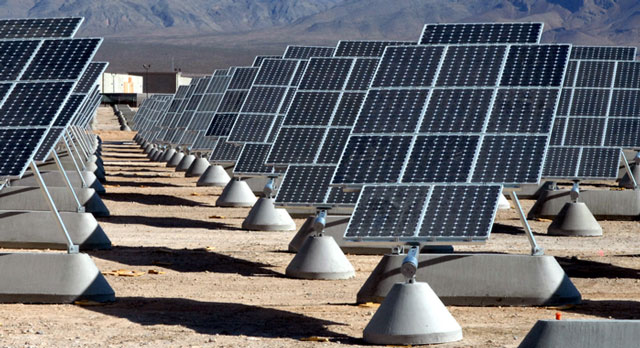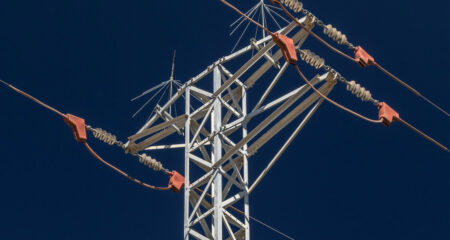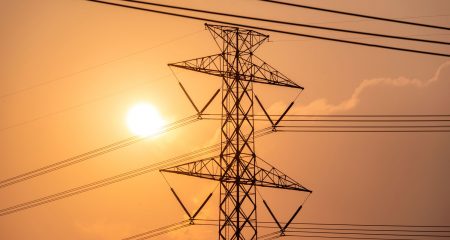
Renewable energy technology is a key priority in the roll-out of low cost housing in the Western Cape, says a senior politician.
The Western Cape provincial government has partnered with housing developer Van Horsten Property Holdings to construct low-cost homes with renewable energy technology in Bardale, outside Cape Town.
As part of the partnership, low-cost homes in the Western Cape are expected to receive solar and wind technology installations.
The technology is critical to ensuring that poor people have access to electricity.
“In fact, it’s the only way. Renewable energy and alternative billing technology is one way that you must look at in terms of housing construction going forward,” Bonginkosi Madikizela, MEC for human settlements in the Western Cape, said on the site of the construction.
He said that acute effects of the ongoing energy crisis in the country dictated that as more people demanded electricity, alternative technology is a key component.
“If you look at the impact of global warming, climate change; the power shortages we’re experiencing, we must find a different way of making sure that we supply power.”
Van Horsten Property Holdings built a demonstration house in 2012, but the project suffered several delays as negotiations between role players started and stalled.
The Western Cape government, though, is not alone in driving renewable energy technology.
According to the Worldwatch Institute, the technology is growing with 164 countries building renewable energy capacity to generate 1 712GW in 2014, an increase of 8,5%.
Madikizela said that the focus on mature renewable energy technologies such as solar and wind was a necessity in light of the crisis at Eskom.
“The reality is that under this current government, we are going to experience problems with Eskom. If you look at the fact that all the power stations that we have been building for years have missed the deadline.
“Our generating capacity has decreased by more than 36% over the years which means we’ll never be able to catch up at this pace,” he added.
Eskom applied to the National Energy Regulator of SA (Nersa) for a 24,8% tariff increase despite receiving emergency funding of R23bn.
Madikizela argued that renewable energy technology presented an opportunity for local competition in power generation.
“It’s high time that competition is created for Eskom out there so they can start to work.” — Fin24




